Mobile payments to oust cash and cards
Microchip and mobile payments will take over by 2020, consultants predict.
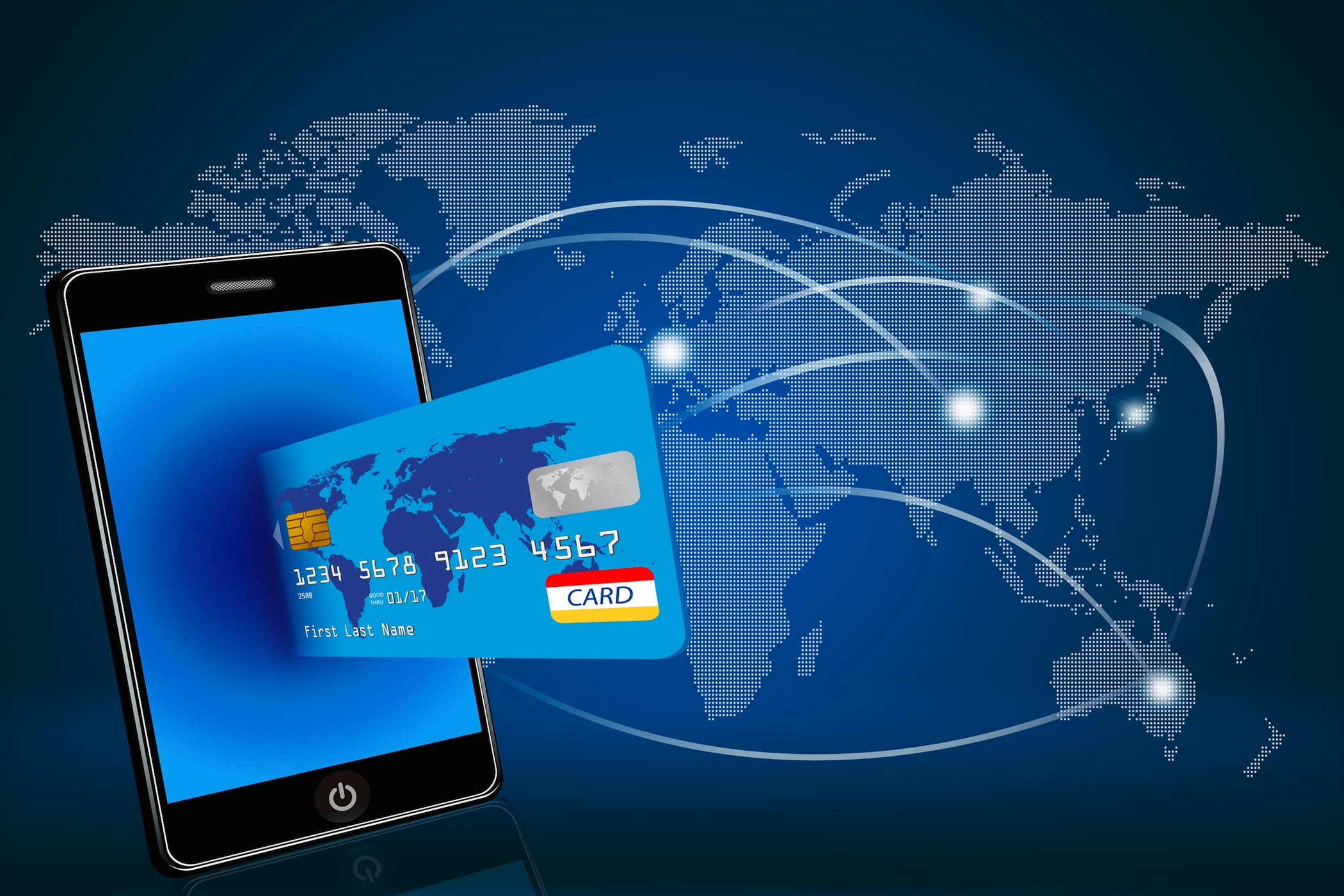
Mobile payments, and payments via microchips, could oust card payments and even cash within the next decade.
Mobiles are expected to be the main method of payment by 2020, and businesses will increasingly turn to peer-to-peer payment systems, rather than using banks.
Research, carried out by the payments team at KPMG, the professional services firm, paints a futuristic vision of a world where plastic cards, and even cash, will be replaced by more advanced technologies. And businesses will want to manage their own payments, in order to better capture the data that goes with everyday transactions.
More than half or 54 per cent of transactions will be carried out by mobile phones and other smart devices, such as watches equipped with microchips, by 2020. And as many as 12 per cent of purchases could be authorised by biometric identification, such as an iris scan or fingerprints. Some consumers might go further still, and opt for skin implants containing RFID chips instead of cash.
But interest in mobile payments is being driven by more than convenience, according to KPMG's head of payments, Mark Hale. Currently, when a customer pays for goods or services by cash, very little information is captured about the sale. A customer using a payment card, or better still a loyalty card, is a much richer source of data. Technologies such as m-payments can combine loyalty and payment cards in one device, improving both convenience and data capture.
And businesses are looking beyond consumers, to see whether electronic payments could also improve the speed of business-to-business transactions. At present, it can take up tp five days for a transaction to move between two business trading partners, said Hale. But such transactions can, and should, be near-instantaneous.
Businesses are responding by building their own payments systems or "payments factories", which KPMG argues, allows them to bypass the banks. And building such systems ensures that the business captures data that is currently lost in the banking chain. "With that information, an insurer could know that the average house insurance policy on your street costs 450, so if your policy costs 560 they will be able to talk to you about a better product," he said.
Get the ITPro daily newsletter
Sign up today and you will receive a free copy of our Future Focus 2025 report - the leading guidance on AI, cybersecurity and other IT challenges as per 700+ senior executives
But in order to take advantage of a cashless world, companies will have to boost their IT skills in areas such as payments systems, mobile data communications and data analytics. "If they want to unlock the value of the transaction data they need to build up security and trust, as well as their knowledge of payment instruments," said Hale.
-
 Should AI PCs be part of your next hardware refresh?
Should AI PCs be part of your next hardware refresh?AI PCs are fast becoming a business staple and a surefire way to future-proof your business
By Bobby Hellard
-
 Westcon-Comstor and Vectra AI launch brace of new channel initiatives
Westcon-Comstor and Vectra AI launch brace of new channel initiativesNews Westcon-Comstor and Vectra AI have announced the launch of two new channel growth initiatives focused on the managed security service provider (MSSP) space and AWS Marketplace.
By Daniel Todd
-
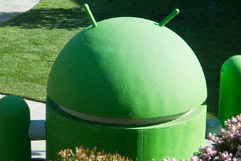 Android snatches over half of smartphone sales in Q3
Android snatches over half of smartphone sales in Q3News Android smashes the competition in the third quarter, as Apple sees an iPhone sales dip.
By Tom Brewster
-
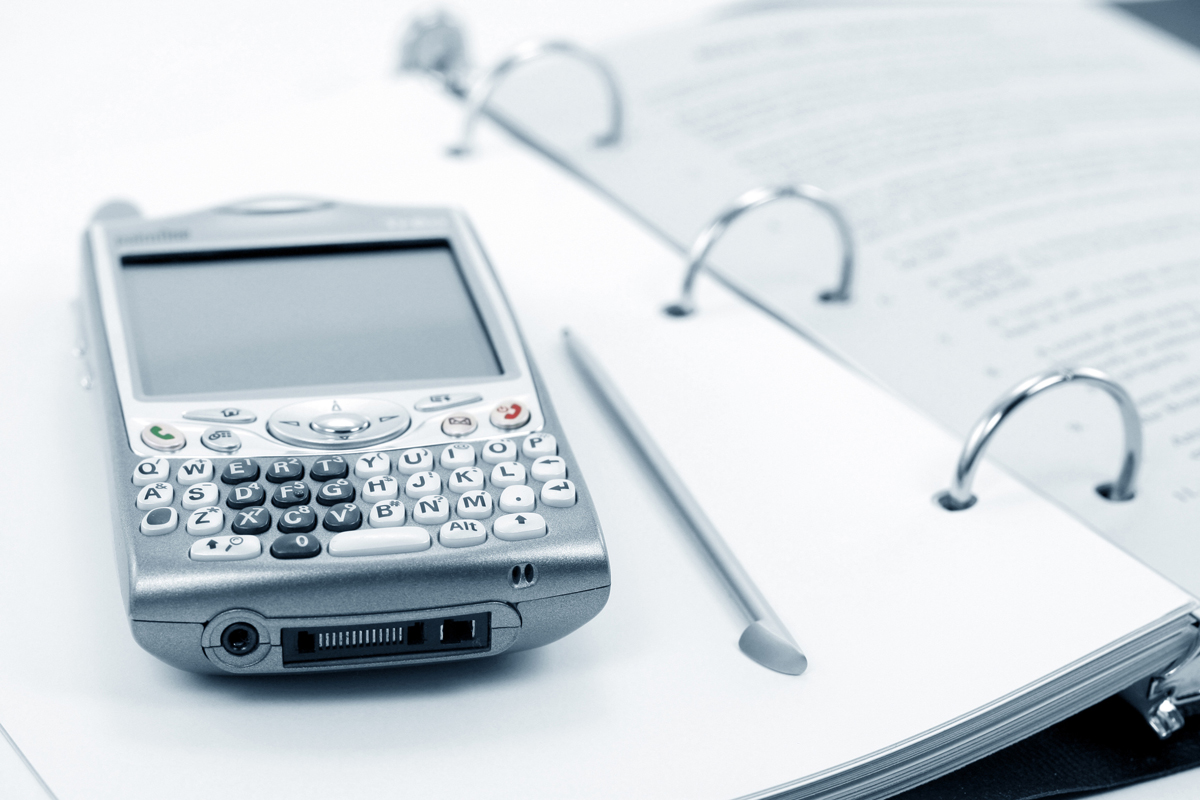 IBM introduces mobile security tech and services
IBM introduces mobile security tech and servicesNews IBM announces a range of initiatives based around mobile security.
By Tom Brewster
-
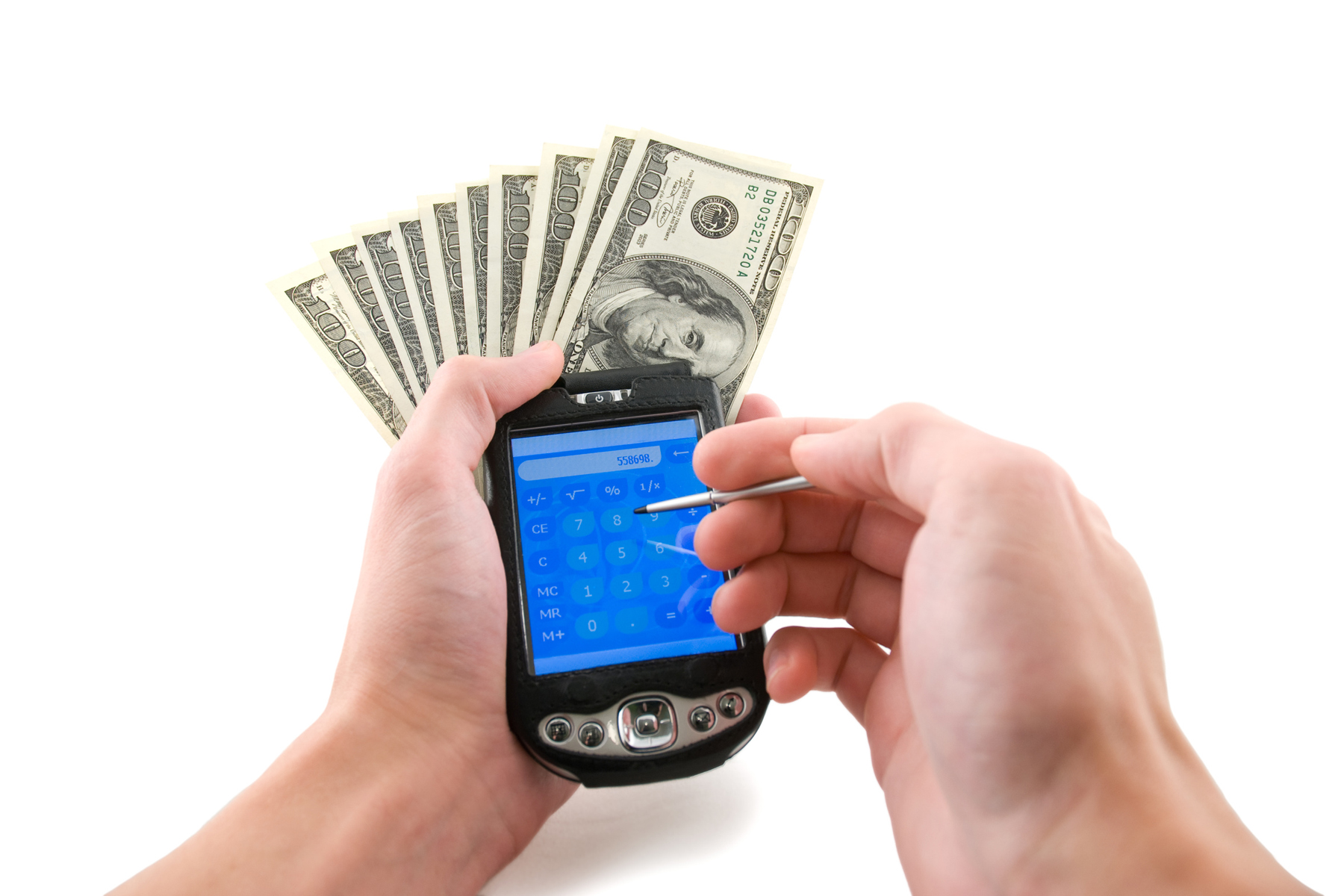 Mobile services to hit $1 trillion in revenues
Mobile services to hit $1 trillion in revenuesNews Gartner has said mobility services will be worth more than $1 trillion a year by 2014.
By Tom Brewster
-
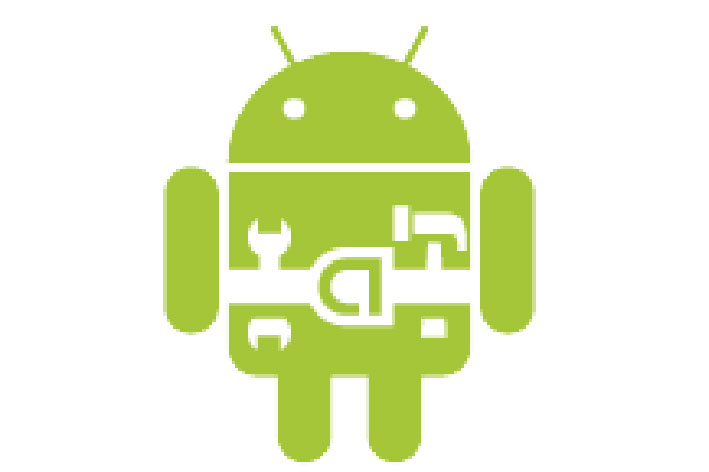 Android 'vying for top spot' by 2014
Android 'vying for top spot' by 2014News Android will be one of the top two operating systems by 2014, according to Gartner.
By Tom Brewster
-
 Is Symbian a sinking ship?
Is Symbian a sinking ship?News Symbian^4 is make or break time for the troubled platform, Gartner claims, accusing the Symbian Foundation of being oblivious to just how much trouble it is in.
By Martin James
-
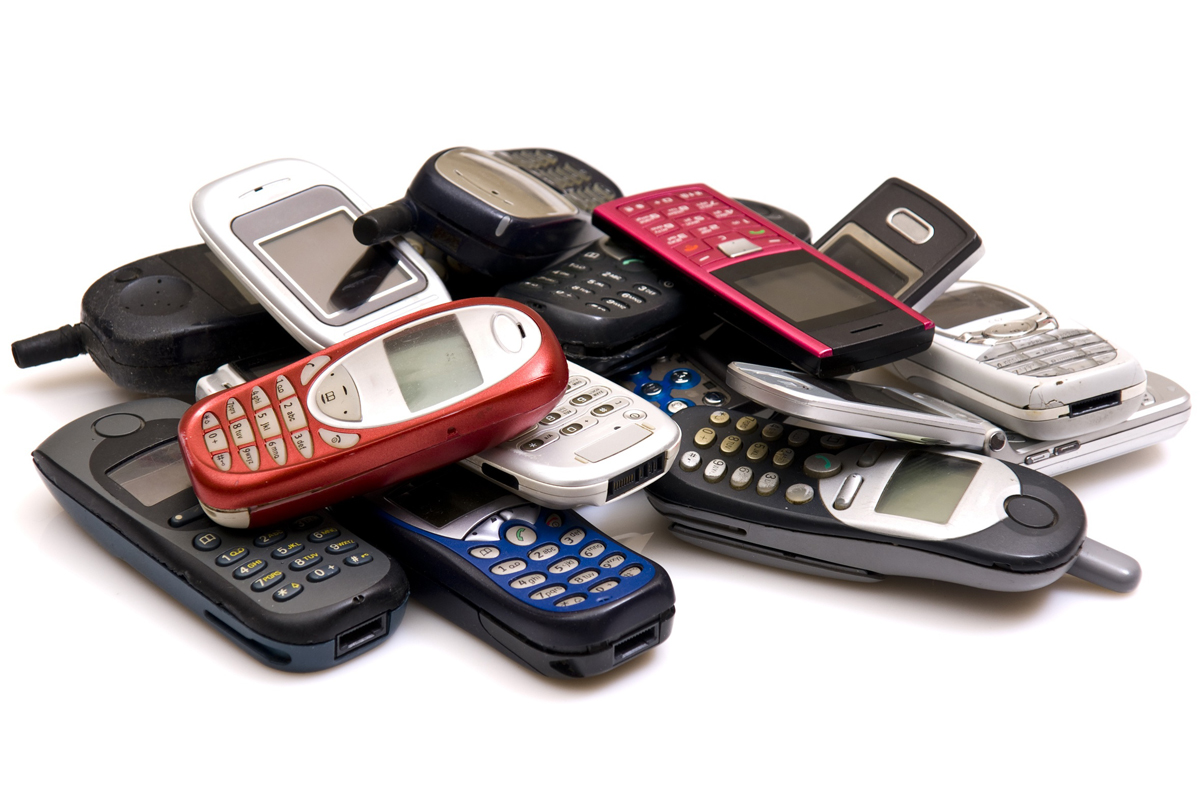 Symbian seeks to simplify app development
Symbian seeks to simplify app developmentNews Symbian claims to have opened up app development for the platform to creators of any technical ability.
By Tom Brewster
-
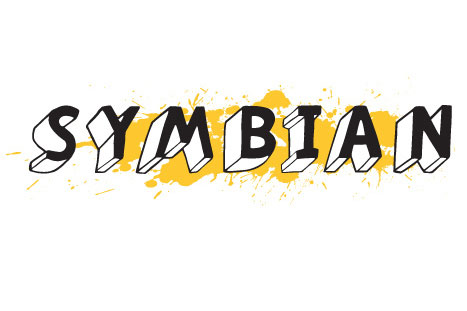 Symbian unveils Horizon app store
Symbian unveils Horizon app storeNews Symbian has unveiled its take on the app store, the Horizon publishing system.
By Nicole Kobie
-
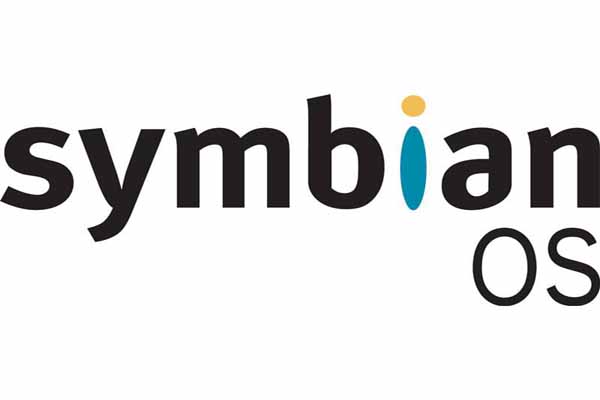 Symbian microkernel goes open source
Symbian microkernel goes open sourceNews Heart of Symbian OS made available to developers in 'Kernel Taster kit' some nine months ahead of schedule.
By Martin James